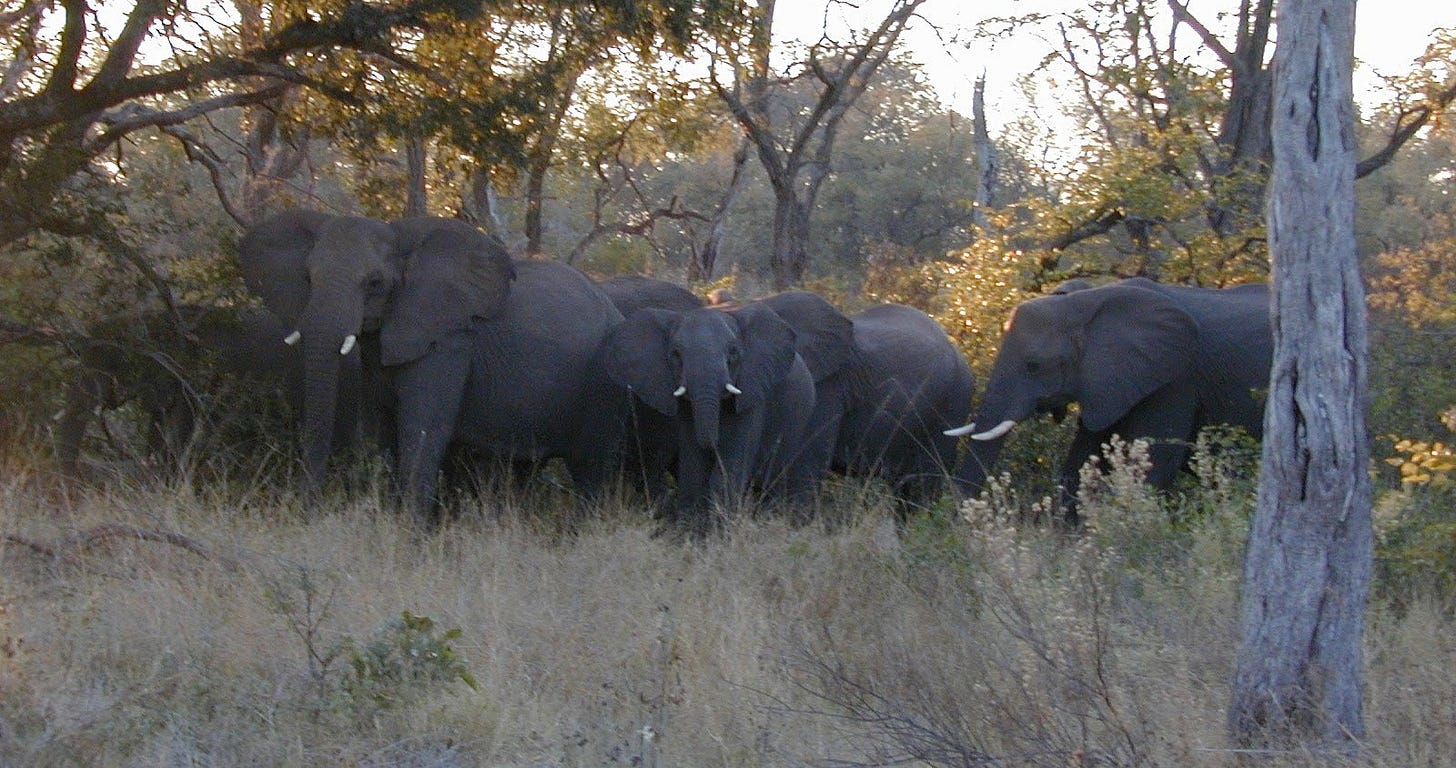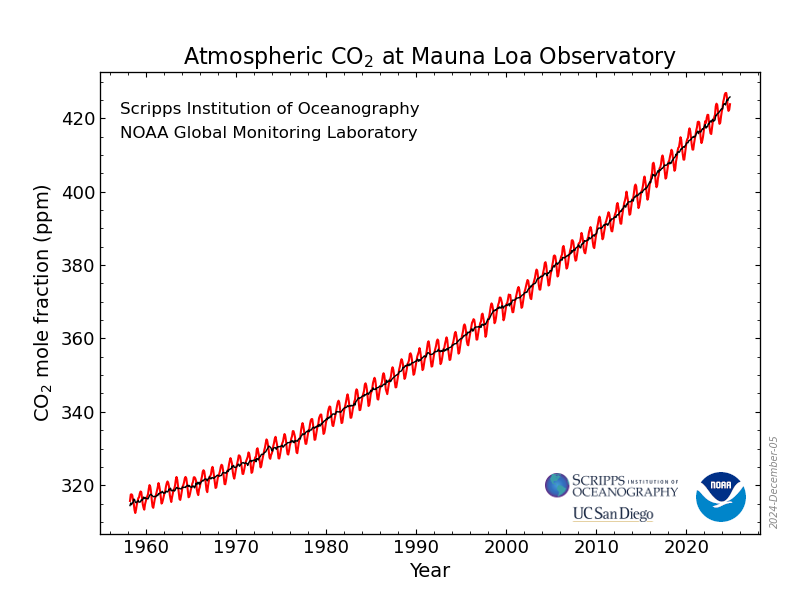Why Climate Questions Matter More Than Answers
Discover why embracing uncertainty in environmental thinking leads to better climate solutions than chasing right answers
Caroline Lucas, the former leader of the UK Green Party, once made a striking claim…
'I'm not saying that the Green Party is the only party with the answers, but we've been asking the right questions for a hell of a lot longer.'
As a career ecologist who has studied environmental challenges across four continents, this statement made me chuckle.
Not because it was wrong but because it reveals a fundamental misunderstanding about how we approach climate change.
We've become obsessed with having the 'right' questions, just as we're fixated on finding the 'right' answers.
But what if this binary thinking is part of what's holding us back?
The Problem With Right and Wrong
I remember standing on the terrace above the Chobe River in Botswana, watching hundreds of elephants move across the floodplain. A colleague asked me, 'Are there too many elephants here?'
It was a simple question, or so I thought, requiring a simple answer. Yes or no.
However, the more I studied the complex riverine ecosystem, the more I realised how that question limited our understanding.
I rapidly left behind the binary answer and disappeared into questions about why there were elephants there at all…
How do elephants interact with different vegetation types?
What role do they play in maintaining biodiversity?
How do human activities influence their movement patterns?
Climate change confronts us with questions that seem beguilingly simple at first glance. Like my experience with elephants in the African savanna, what appears straightforward on the surface reveals layers of complexity when we look closer.
Consider how we typically frame climate policy discussions. We gravitate toward binary questions: Is this policy good or bad? Will it work or fail? These questions feel natural, but they trap us in a narrow way of thinking that misses the rich tapestry of possibilities that exist in between.
I've learned that the most illuminating questions often come when we zoom out to see the whole system. Rather than asking if a policy is good or bad, we might ask…
How will this ripple through our communities and ecosystems?
What unexpected connections might emerge?
Who might be affected in ways we haven't considered?

Let me show you what this shift looks like in practice.
When someone asks, "Do you believe in climate change?" they're closing down the conversation before it begins.
Instead, I've found it more revealing to ask, "What changes have you noticed in your local environment over the years?" This invitation to share personal observations often unveils insights no scientific paper could capture.
Similarly, the frustrated cry of "Why aren't we doing more about emissions?" can transform into "What conditions allow some communities to embrace cleaner energy while others struggle?"
The first question breeds defensiveness; the second opens doors to understanding and action.
This approach, that I've come to call mindful scepticism, isn't about avoiding hard truths or difficult decisions. Rather, it's about enriching our understanding by embracing the full complexity of our climate challenges.
Think of it as adding dimensions to our thinking:
First, we learn to spot the hidden assumptions lurking behind seemingly simple questions. These assumptions are like invisible fences - once we see them, we can step over them into new territory.
Second, we recognise that different perspectives aren't just valid - they're valuable. Like puzzle pieces, each viewpoint adds something essential to our understanding.
Third, we discover that solutions often emerge from unexpected directions, like light refracting through a prism in surprising ways.
Finally, we learn to see the tension between viewpoints not as a problem to solve but as creative friction that can spark innovation.
The climate crisis is real and urgent. But our path forward doesn't lie in having the 'right' questions or answers. It lies in our ability to engage with complexity, hold multiple perspectives, and find unexpected connections.
This different way of questioning isn't just about climate change. It's about how we approach all complex challenges in our interconnected world. It's about moving from debate to dialogue, from certainty to curiosity, from right/wrong to better understanding.

The Questions That Light Our Way
Years after that moment in the UK parliament, Caroline Lucas's words still echo.
But now I hear them differently. The power isn't in asking the "right" questions for longer than others—it's in staying curious enough to let our questions evolve.
What we need are better questions.
Nature never deals in absolutes of right and wrong. Instead, it presents us with an endless dance of adaptation, relationship, and renewal.
Perhaps this is what our climate conversations need most. Not the certainty of "right" questions but the humility to let our questions grow as our understanding deepens.
Think back to when you first became concerned about climate change. What questions drove you then? How have they evolved?
Mine have transformed from simple queries about carbon numbers to rich explorations of human systems, values, and possibilities.
You can read about that story here…
This is the journey of a mindful sceptic.
A trek not to find perfect questions but to keep asking better ones.
Want to continue this exploration together? Join us at the Mindful Sceptic newsletter, where we delve deeper into these ideas each week.
The climate crisis, nor any of the other environmental breakdowns that are in humanity’s future, won't be solved by having all the correct answers.
It will be solved by people willing to keep asking enriching questions, especially when those questions challenge our assumptions about what's possible.
What questions will you ask differently tomorrow? Share your thoughts below.




